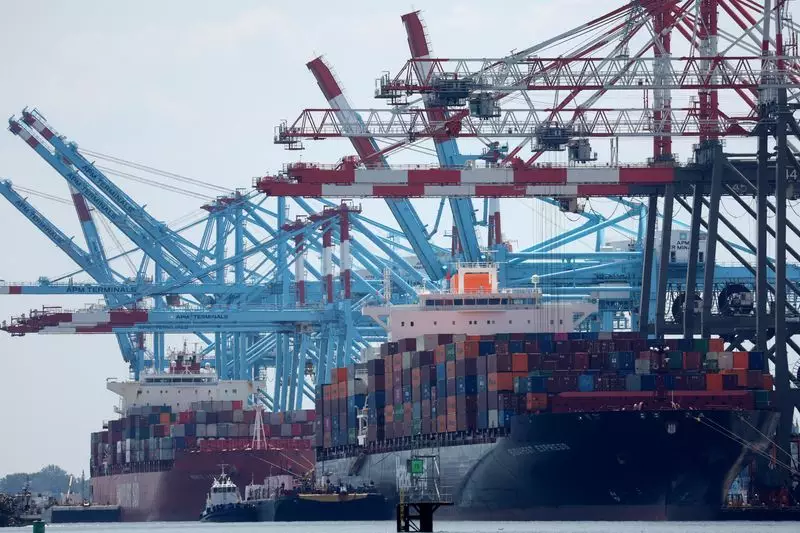In a decisive shift toward tightening trade regulations, the Biden administration has unveiled proposed rules aimed at curbing duty-free imports under the de minimis threshold of $800. This proposed policy targets low-value shipments that were previously exempt from tariffs but have become a loophole exploited mainly by e-commerce giants like Shein and Temu, both popular for facilitating the import of vast numbers of small packages to American consumers. As these platforms have thrived under the current framework, the new regulations signal the administration’s intent to address perceived imbalances in the trade ecosystem.
The need for these regulations stems from national security concerns and the desire to combat the illicit drug trade. U.S. authorities have pointed to a considerable rise in shipments of fentanyl precursor chemicals that have evaded scrutiny, justifying the revised regulations as necessary safeguards. The proposed changes elucidate how customs officials will now have the authority to scrutinize low-value packages containing goods subjected to the Section 301 tariffs, impacting a wide swath of Chinese imports and critical industries. This includes restrictions on goods outlined in Section 232 concerning steel and aluminum, as well as Section 201 tariffs related to solar products, thus underscoring a comprehensive approach to trade enforcement.
For e-commerce retailers, particularly those founded in China, this regulatory shift could serve as a significant impediment to their operational efficiency. Brands like Shein and Temu have benefitted immensely from the ability to import items without facing traditional tariff costs, allowing them to offer competitive pricing against American retailers. In the statement released by National Economic Advisor Lael Brainard, the administration emphasizes a commitment to ensuring a fair trade environment where American businesses can thrive without unfair competition from international firms. This perspective highlights an intent to rebalance the scales of commerce in favor of local manufacturing and retailing.
The proposed changes could signal a broader shift in how e-commerce is regulated at the international level. With the digital marketplace expanding rapidly, initiatives like this could prompt other nations to evaluate and potentially amend their own trade policies concerning low-value shipments. As the administration moves forward with these proposed rules, it invites a more stringent examination of global supply chains and trade practices, potentially leading to a more interconnected yet regulated e-commerce landscape.
Moreover, the requirement for shippers to include a 10-digit Harmonized Tariff Schedule classification for package contents adds a layer of complexity for e-commerce retailers. This stipulation is intended to streamline customs processing and enhance law enforcement’s ability to intercept prohibited goods, establishing a newfound rigor in how low-value imports are tracked and managed.
As the Biden administration steps up efforts to regulate e-commerce and protect domestic industries, the conversations around global trade practices are bound to evolve. This regulatory action serves as an indicator of growing concerns over international competition and security, all while reshaping the landscape for e-commerce operations. In a climate where economic prosperity is increasingly scrutinized against the backdrop of fairness and security, these proposed measures could redefine the relationship between American consumers, global merchants, and the intricate web of trade regulations.

